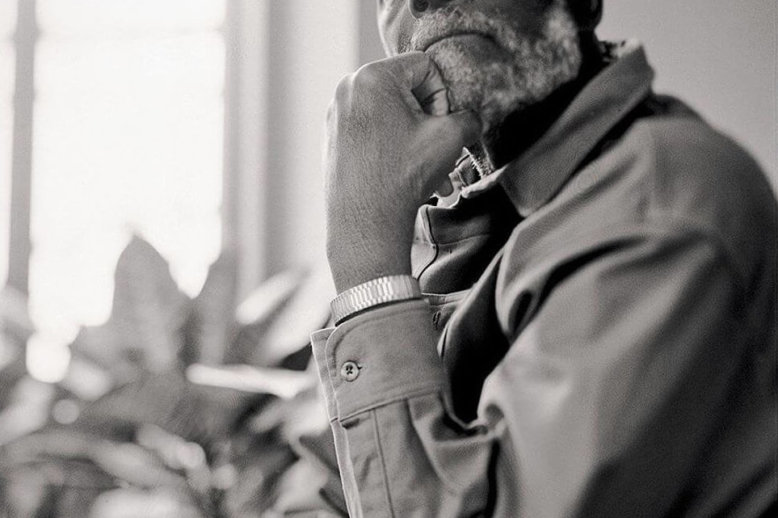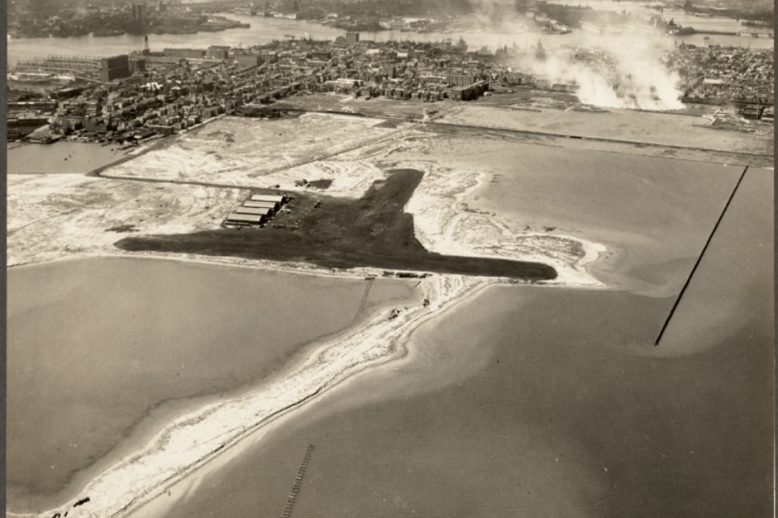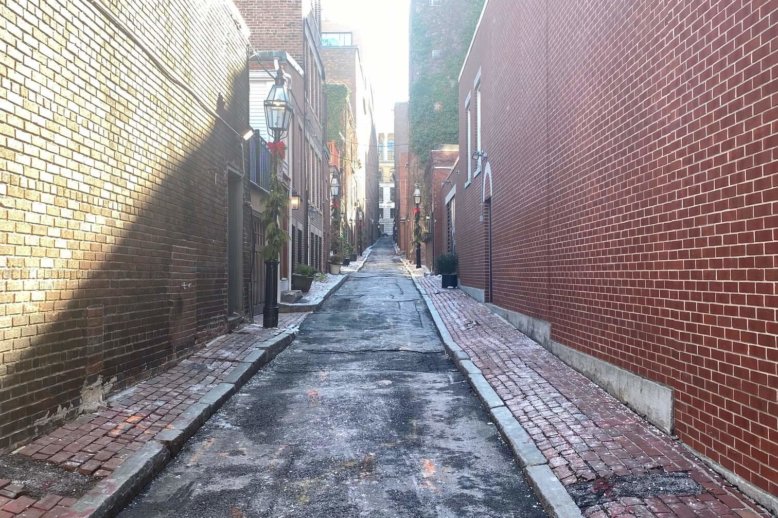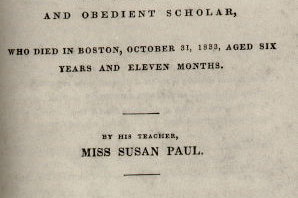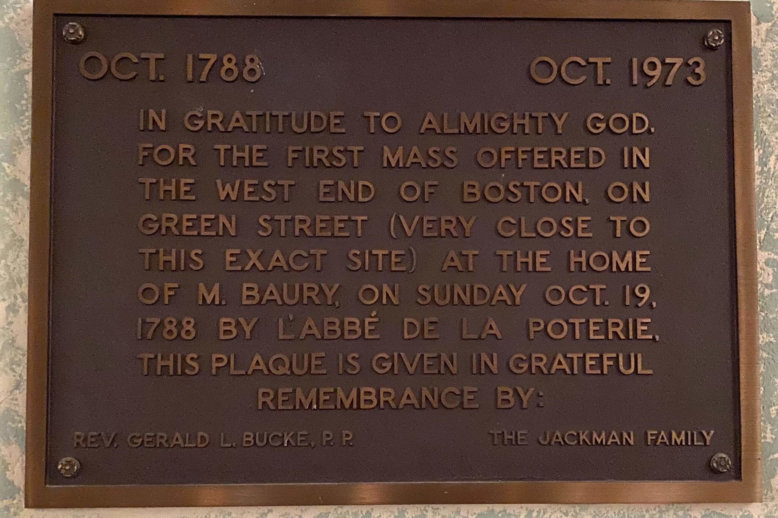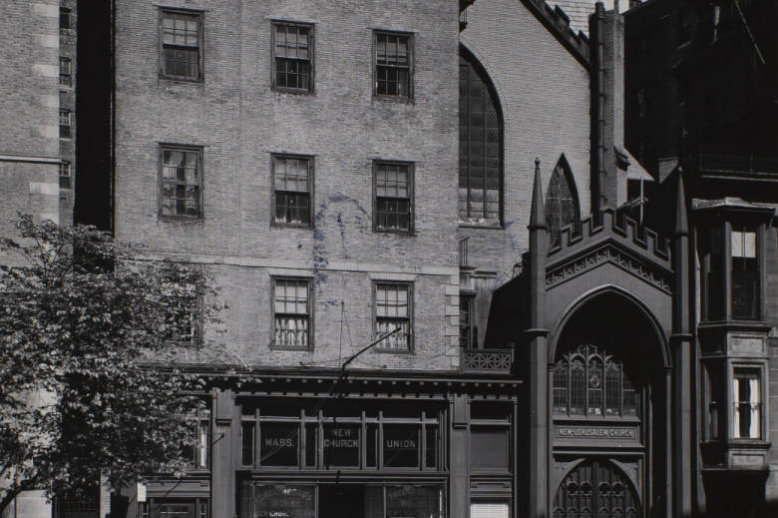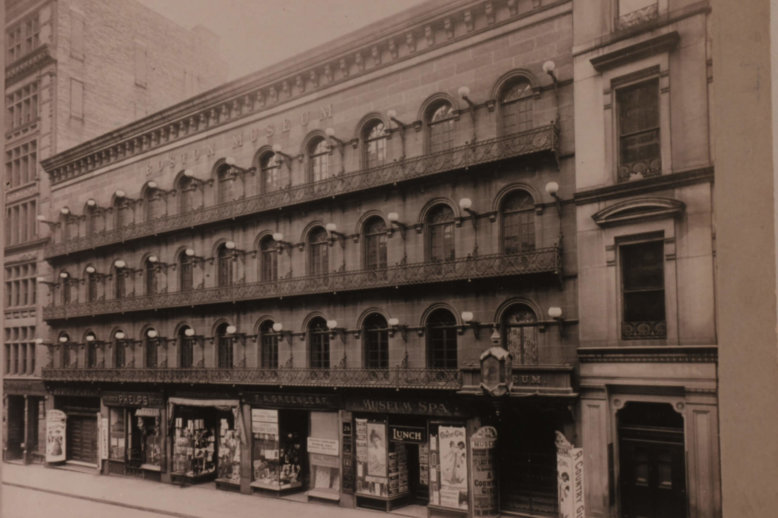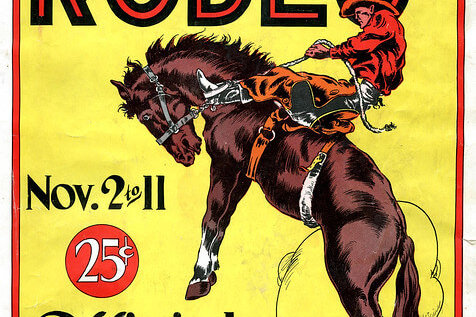Topic: Neighborhood Life
Street corner society, urban villagers, peer group society, life in the immigrant era
Mel King was one of Boston’s most influential Black political figures, who stood against destructive urban renewal in his native South End. King made a difference as a community organizer and State Representative, and he was the first Black person to reach the general election for Mayor of Boston in 1983. King passed away on March 28, 2023 at the age of 94.
In 1943, Boston resident Louis Stern wrote a letter to the editor of the Boston Globe, proposing that the West End be razed to build a new airport, conveniently located downtown. This idea was never seriously considered, though the East Boston Airport (Logan Airport) has its own controversial history of urban renewal.
Easily missed as one trundles down Cambridge Street or behind the golden dome of the Massachusetts State House, Ridgeway Lane in the historic West End is one of Boston’s longest and narrowest streets. Often mistaken for a simple alley, it has served ropewalk workers, residents, Suffolk University students, and the occasional criminal on the run for over 250 years. As one walks the length of this dark road, surrounded by brick on both sides and heavy paving stones below, it is hard to imagine much life here. Yet, hidden, urban pathways like Ridgeway Lane hold many stories worth telling.
Susan Paul (1809 -1841) worked as an abolitionist, educator, and author from the north slope of Beacon Hill in the West End. She fought against slavery in every aspect of her professional life through her education of African American students, the inspirational music performed by her choir, and her landmark work, The Memoir of James Jackson, the earliest known prose narrative and biography by an African American woman in the United States.
After centuries of exclusion by Boston’s ruling Puritan leaders, Roman Catholics were finally allowed to officially practice their faith in Massachusetts in 1780. Led by French Catholics, the movement to establish a Catholic community in Boston is reported to have started with a private mass in the West End. This was the first step in establishing what would become one of the most recognized Catholic archdiocese in America.
On Christmas Eve 1896, the Society of the New Jerusalem church on Bowdoin St. in the West End held a Christmas festival for children, which featured an elephant bearing candy. Christmas festivals at West End churches, including the Twelfth Baptist Church on Phillips Street, were typical of the nineteenth century.
In an age of ongoing Puritan restrictions on theatrical shows, Moses Kimball founded the Boston Museum as a venue which bowed to the cultural aspirations and respectability of mid-19th Century Boston, but at the same time gave the people what they wanted; live performances. Before the renowned Howard Athenaeum (and later the Old Howard) had opened its doors across the square, the Boston Museum attracted large audiences to the Scollay Square area to witness music, drama, and even moral instruction on stage.
In 1931, just three years after its opening, the Boston Garden hosted a new sports phenomenon sweeping the East Coast; the indoor urban rodeos of the kind produced by entrepreneur and cattleman Col. W. T. Johnson. These rodeos in the West End gave eastern sports fans a rare opportunity to relish in the romanticized cowboy image of the bygone American frontier, while also enjoying skillful, and often dangerous, feats of athleticism. Fans of these rodeos were also witnesses to the emergence of professional female sports and the birth of an organized rodeo profession.


